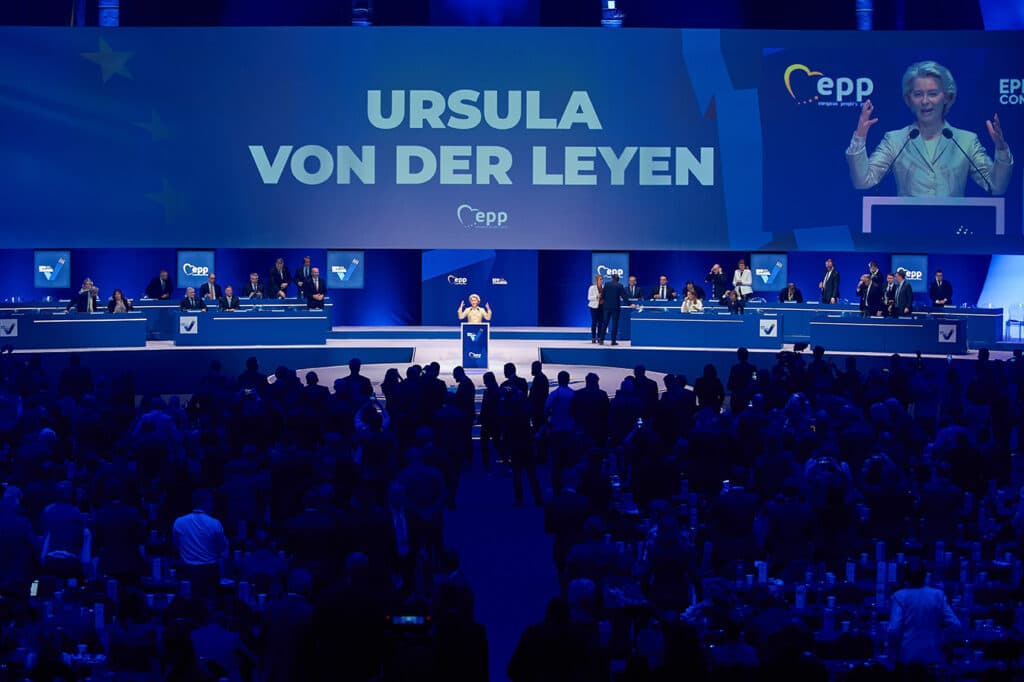UN Methane Observatory Paves Way for Drastic Emissions Reductions
This is the first instalment of the Topic of the Month: Global climate and methane policies in times of COP27
As world leaders come together this week in the Egyptian city of Sharm El Sheikh to attend the most important gathering on climate, it has never been timelier to urge them to seize a powerful tool we have in our hands to avoid the worst effects of global warming.
Curbing methane emissions is the single fastest way to tackle climate change in the short-term and lead the transition to a carbon-neutral future.
In fact, methane is a powerful greenhouse gas, contributing to at least a quarter of today’s climate warming. Its emissions have increased faster than at any time since 1980s.
It is, therefore, decisive, that the international community reduces methane emissions by 40-45% by 2030, says the UN Environment Programme (UNEP). This would allow us to meet the goals of the landmark Paris Agreement, the world’s only legally binding international treaty on climate change.
More accurate data for more targeted action
To do so, policy-makers, regulators and companies need to know precisely how much methane is being emitted across the planet and what are the major sources of this harmful gas.
In a nutshell, more accurate data will enable more targeted action.
This is the reason why the 2022 edition of UNEP’s International Methane Emissions Observatory (IMEO) report, An Eye on Methane, provides them with a framework of action to track and monitor methane emissions. This will, then, pave the way for targeted and ambitious action to mitigate emissions of this potent gas.
Importantly, the annual report stresses the critical role IMEO, a UNEP initiative, is playing at the heart of the methane ecosystem.
Launched at the G20 Summit in 2021, IMEO is creating the world’s first global public database of empirically verified methane emissions, starting with the fossil fuel sector, at a level of granularity and accuracy never achieved before. This innovative data-driven, action-focused initiative collects and integrates data from company reporting – through the Oil and Gas Methane Partnership 2.0 (OGMP 2.0) – satellites, scientific studies and national inventories.
This way, IMEO has set the standard for data transparency.
Such data will incentivize governments and companies worldwide to take bold action on emissions reduction.
Up until now, the lack of reliable emissions data has hindered regulators and governments’ efforts to carry out targeted action at the scale and speed needed to achieve the objectives of the Global Methane Pledge. This international effort, convened by the US and the European Commission, gathers today over 120 countries to reduce global methane emissions by 30% by 2030.
This is a pivotal moment to understand that methane can make a difference.
Eyes on industry
Companies, too, need to be part of the methane solution, if we are to keep global warming to 1.5°C.
An Eye on Methane assesses the progress made to credibly achieve deep reduction of methane emissions, starting with the fossil fuel sector. This industry has, by far, the greatest potential to curb methane emissions in a cost-effective manner and with existing technologies.
The oil and gas sector could reduce its global methane emissions by 75% – and up to 40% of these reductions could be realized at zero net cost, according to the International Energy Agency.
Thanks to UNEP’s flagship oil and gas reporting and mitigation programme, OGMP 2.0, companies now have a clear mechanism to target actions to slash methane emissions and allocate capital efficiently. OGMP 2.0, initiated by UNEP’s Climate and Clean Air Coalition, is the world’s only comprehensive, measurement-based reporting framework for the sector.
It has laid the ground for the European Commission’s methane regulation in December 2021. It was also described as “the best existing vehicle for improving measurement, reporting and verification capability in the energy sector” in the EU Methane Strategy.
IMEO is now working with industry and other partners to replicate this approach in the metallurgical coal industry.
Truth be told, if the world carries on down that road, current policies would lead to a 2.8°C hike. A climate disaster, in other words.
As the detrimental impacts of climate change have intensified across the globe, only an in-depth and system-wide transformation can prevent us from a climate emergency.
This is a pivotal moment to understand that methane can make a difference.








